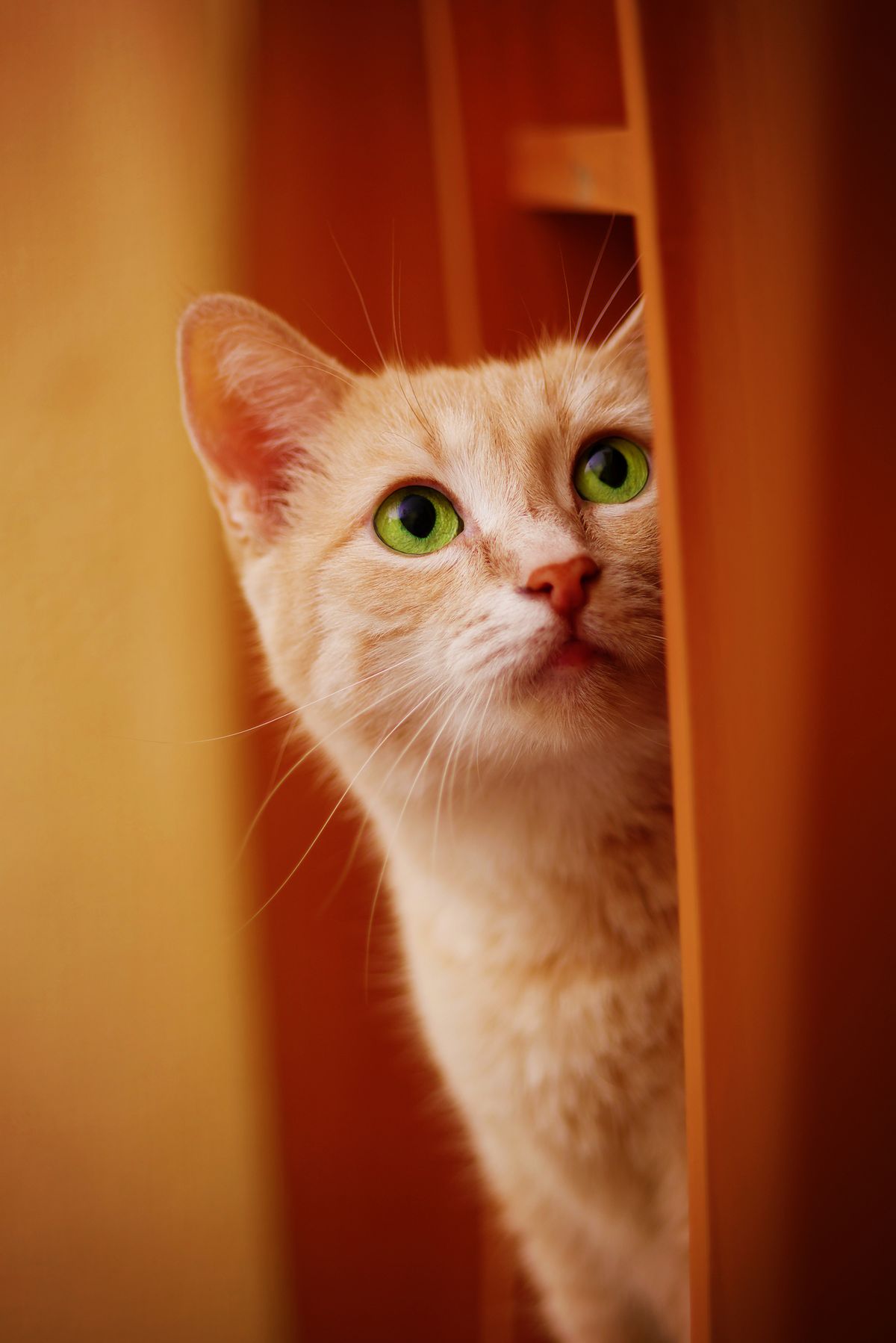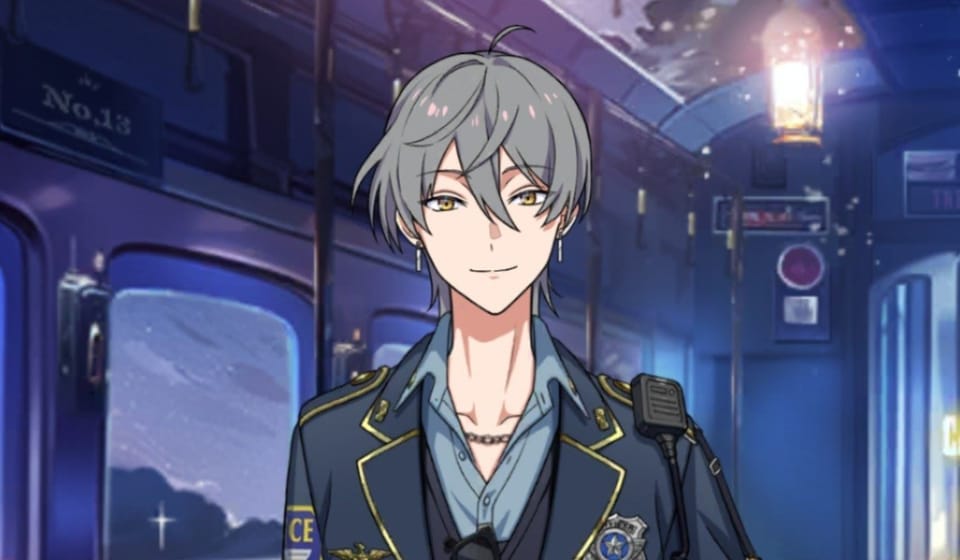The Surprising Reason Why My Poem Was Rejected From a Publication
Sometimes it has nothing to do with writing quality or with breaking the rules

Rejections are scary.
Especially if you already deal with anxiety and perfectionism.
Maybe you’re attentive to detail and abide well by submission guidelines. So when you get a rejection, it stuns you like a thunderclap.
But sometimes, the rejection was not because you broke a rule or even because you lack writing skills.
It could be for a reason that you would never have imagined.
My Poem and the Confusing Rejection
I wrote a poem about the joy and excitement I feel when I’m inspired. During these moments, my mind is brimming with ideas, but I can hardly concentrate on anything. The only thing I can concentrate on are the feelings themselves. So I expressed these feelings in poetic form.
As usual, I took tons of time to edit and polish my poem and double-checked the submission guidelines to see if I missed anything. So I was dumbfounded when I got a rejection the next day…
This was the first time I got rejected by a pub on Medium since I pay close attention to the submission guidelines, and I edit my pieces many times.
The editor didn’t tell me why she rejected it. She just said that my image attribution was perfect, but my poem was not a good fit for the publication.
She added that she looked forward to seeing more of my writing in the future. And then she started following me on Medium…
This was both confusing and nerve-wracking.
I emailed them to ask why I was rejected so that I could get some feedback to improve. The pub owner, let’s call her Shannon, is the only one with access to the email. She never got to see my poem, so she emailed the editors to ask for me.
Scary possibilities came to mind for why my piece was rejected. Maybe the editor (let’s call her Rita) thought I was encouraging people to do drugs. My poem describes a purely emotional ecstasy. But some images seem psychedelic, as if someone was experimenting with hallucinogens….
Or maybe Rita thought that I was making fun of people with mental illnesses. I portray an emotionally intense experience, and I’m neurodivergent. But the poem had nothing to do with mental illness. And I would never mock fellow neurodivergent folks.
Confiding in Trusted Friends
My email to Shannon was in the morning, and she had promised to reply when she found out the reason. By nighttime, I still hadn’t heard back.
It was very anxiety-provoking. The suspense of not knowing was a torment. Soon, I told some close friends about this and showed them my poem.
My friends loved my poem and said it was very beautiful. When I asked whether my poem sounded like it was promoting drugs or making light of mental illnesses, my friends said no. One of my friends is a psychiatrist, too, so if she can’t see it, surely this can’t be the reason.
However, one friend said that though my poem is very pretty, she sometimes felt a bit lost. But she believed that this was because she was unfamiliar with poetry.
That was another concern of mine. Maybe Rita thought my poem was too wild in its dizzying array of images. For context, I’m a big fan of Ralph Waldo Emerson, who is known for his vivid and abundant imagery. Back in university, some of my fellow English majors complained that Emerson was hard to understand. Perhaps Rita had a similar issue with my poem.
The Answer
The morning after I sent my inquiry, I finally heard back. Shannon apologized and explained that something had happened at home, so she couldn’t get back to the computer until now.
It turned out that Rita rejected my poem because she thought it was about masturbation…
I was stunned because my poem had nothing to do with sex.
Moreover, I’m on the asexual spectrum and can’t see innuendos unless they’re obvious.
Shannon was very encouraging, though. She said that sometimes, our work just doesn’t suit an editor’s taste, but another editor may love it. She added that she’d been rejected many times in the past, so I’m not alone. Shannon also reassured me that I was a fantastic writer.
We discussed the matter a little more, and I agreed to rewrite the lines that Rita found problematic.
An Unexpected Change
I also asked Shannon if she could clarify the rules of the pub when it came to innuendos. The pub’s submission guidelines only stated no erotica. It didn’t specify whether sexual hints were allowed.
Shannon replied that they’re a growing publication, so they’re still working out the precise rules on what to accept or reject.
Later, she held a meeting with the other editors to talk about my case. To my pleasant surprise, Shannon defended me. She told Rita that she could empathize with my metaphors, that they didn’t have to be sexual.
Rita responded that she understood. After this meeting, they decided to give writers the benefit of the doubt, and publish most poems as long as they weren’t erotica or anything hateful.
Shannon explained that she wouldn’t want me to restrict my creativity. She had intended the pub to be a place where we could express ourselves freely.
I was flattered that they took my case so seriously, that they would hold a special meeting for my sake and even establish a new pub rule.
But I wasn’t sure whether I could resubmit my poem without changing it, or if I should edit it as planned. I asked them about this. But Shannon did not reply. Perhaps she didn’t want to upset Rita.
I didn’t want to make things awkward for them, either. So I cut out all the innuendos I could find, and replaced them with harmless phrases. My poem was still pretty, but it felt like a defanged, declawed beast.
When I showed my friends, they liked my original one better, too, though my new one was still beautiful.
My original poem was bolder and more passionate. The new version was tamer and more subdued, like it was trying very hard to be well-behaved.
When I resubmitted my piece, I got accepted right away. Shannon commented that it had gorgeous imagery and promoted my poem on Twitter. I got some high praise even from strangers. Some friends who normally don’t read my work came over to clap and compliment my poem, too.
Part of me felt guilty for essentially neutralizing my poem. Maybe others would think that I had betrayed my vision by making it “polite and acceptable.”
Yet, I don’t regret my choice. You may find this hard to believe, but I actually enjoyed the process of transforming my poem from one vibe to another just by changing some words and lines. It was enlightening for me as a poet.
Concluding Thoughts
I want to clarify that, despite my initial panic and fear, I think well of Shannon and Rita. They both had good intentions. Rita wanted to be safe rather than sorry, and they were still refining the rules of the pub, after all.
Shannon was kind and transparent with me as well. Many other literary publications, especially print magazines with limited space and a mountain of submissions, would not give me the chance for such a detailed discussion with the editors. I would just get a generic rejection with no feedback on how to improve.
So, if the publication allows you to ask for feedback, I highly encourage you to do so! Sometimes it truly isn’t your fault. You didn’t break any rules, and you didn’t write poorly. It could be a misunderstanding, like what happened to me.
But if you don’t ask, you’ll never find out why!
Over to You
What do you think? If you were in my shoes, would you change your poem to remove the innuendos? What has your experience been like when dealing with rejections? Do you have any other thoughts to add?
Originally published on New Writers Welcome on Oct 5, 2022



